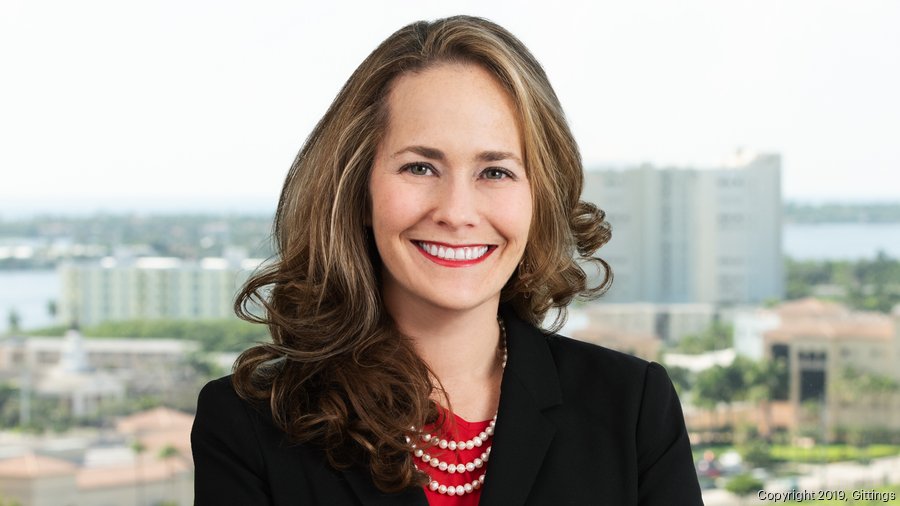Keeping a close-knit company culture was tough enough with the rise of remote work. Now, companies walk a tightrope as the tension between vaccinated and unvaccinated workers continues at the office.
The stakes are high. The labor market is tighter than it’s been at any time in the past two recessions, according to data from the Federal Reserve. Salaries rose to reflect that. It’s left business owners grappling with whether to enforce a vaccination mandate or allow unvaccinated workers to continue to work from home. Either option could potentially roil key players or divide teams further under the strain of the pandemic.
As of this writing, about 62% of Floridians have been fully vaccinated since Covid-19 vaccines were first made available in the U.S. in December 2020, according to data from the Mayo Clinic. In September, President Joe Biden issued a mandate that employers with over 100 people on their payrolls must require vaccines or enforce weekly testing for unvaccinated workers.
The potential pitfalls don’t end there, as businesses must strike the balance between religious and medical exemptions in the workplace.
But South Florida companies may find more success with incentives than mandates, said employment attorney Allison Oasis Kahn, a shareholder at Carlton Fields in West Palm Beach.

“If the company doesn’t have a mandatory vaccination program, employees feel like they have some choice and are getting something additional for having to get the vaccine in light of the upcoming policies that are likely going to make it mandatory,” Kahn said of the companies she represents.
Incentives, which include monetary perks and paid time off to get the vaccine, can serve to ease tensions in the workplace. Inviting a speaker to the office to talk about vaccines could also calm the culture between the vaccinated and unvaccinated, she added.
“I think providing information is helpful, but there are strong feelings on both sides,” Kahn said. “People who had vaccinations may feel alienated by the unvaccinated people, or they may be unhappy with the employer, particularly if they’re allowing unvaccinated workers to work from home. A lot of times, that’s seen as a perk.”
However, the rise of the delta variant has employers leaning toward mandates, Kahn added, especially as a majority of companies head back to full- or part-time office life this fall.
“Companies are not required to test safety policies on employees to determine the minimum level of protection needed to avoid illness,” Kahn said.
So, when it comes to medical or religious exemptions, the call on how to handle culture becomes more complicated.
Some workers may be medically unable to take the vaccine, due to potential reactions or allergies they may have. A sincerely held religious belief is a more delicate issue, Kahn said.
“While employers have to engage in the interactive process and discuss potential accommodations with employees under Title VII [ which prohibits employment discrimination based on race, color, religion, sex and national origin], employers may ultimately decide a particular accommodation is an undue hardship,” she added.
Kahn recommends that a company consider unpaid leave before terminating an employee for this reason.
Office landlords could hold additional influence over the office culture between vaccinated and unvaccinated employees.
“It behooves both the landlords and the tenants to work together to make sure they have clean and healthy office space that everyone can thrive in and feel comfortable about,” said Jeff Gilbert, a partner with Saul Ewing Arnstein & Lehr in Miami.

But with mandates mounting on all sides, a harmonious workplace between vaccinated and unvaccinated workers might be wishful thinking.
“There will be a lot of tension created, possibly lawsuits,” Gilbert said.
Because it’s in the best interest of office landlords for tenants to be fully back in the office, employers could have another decision to make if they want to honor their lease agreements.
“I’m aware of property managers that will notify the entire office building if there is a reported case of Covid,” Gilbert said. “What’s generally been happening is that the commercial landlords have been spearheading campaigns about social distancing and masking.”
Setting a fixed rulebook in the office – one that doesn’t offer a different set of rules for the vaccinated and unvaccinated – could serve to ease debate and/or legal action, according to the Society for Human Resource Management.
But it’s not unheard of for office landlords to insert provisions regarding Covid requirements in lease agreements, Gilbert added. It’s a trend he expects will accelerate.
In the new normal, unvaccinated employees who don’t fit into a vaccinated culture, and vice versa, will likely have to find a workplace that better suits their status.
